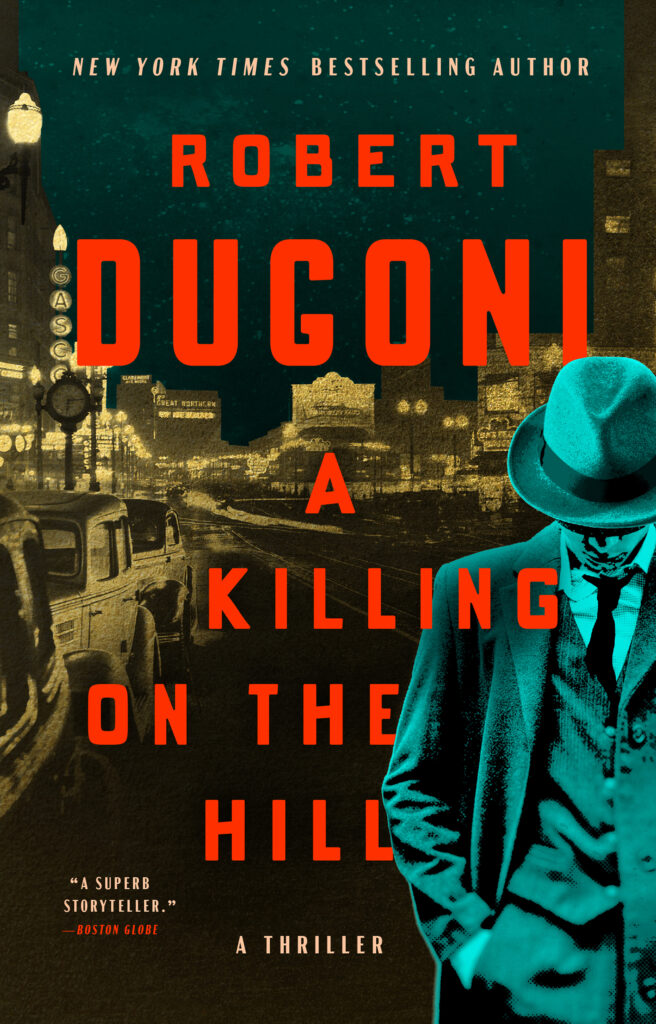Witch Hammer
The third book in M.L. Trow’s Kit Marlowe series finds the young playwright joining up with a group of actors called Lord Strange’s Men, a motley crew (including a young unknown named William Shakespeare) seeking fame and fortune on the stage. While travelling between performances, Lord Strange takes ill under mysterious circumstances; a poppet is found in his image, causing some of the group to suspect the Dark Arts are at work. When another member of the troupe is found murdered, they fear they may have something even more sinister than a murderer in their midst. Marlowe puts his skills to work to find out who or what is behind the macabre killings.
Witch Hammer is marketed as a murder mystery tinged with the supernatural; however, neither of these elements kicks in until over a third of the way through the novel. For a whodunit, the plot moves extremely slowly, and the universal omniscient style makes it difficult to establish an emotional connection with the characters. Those who stick with it will be treated to some truly creepy scenes, and aficionados of Elizabethan England will appreciate the intricate world-building and attention to historical detail; but other readers — particularly mystery fans — may prefer less detail and more action.










